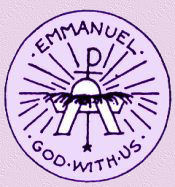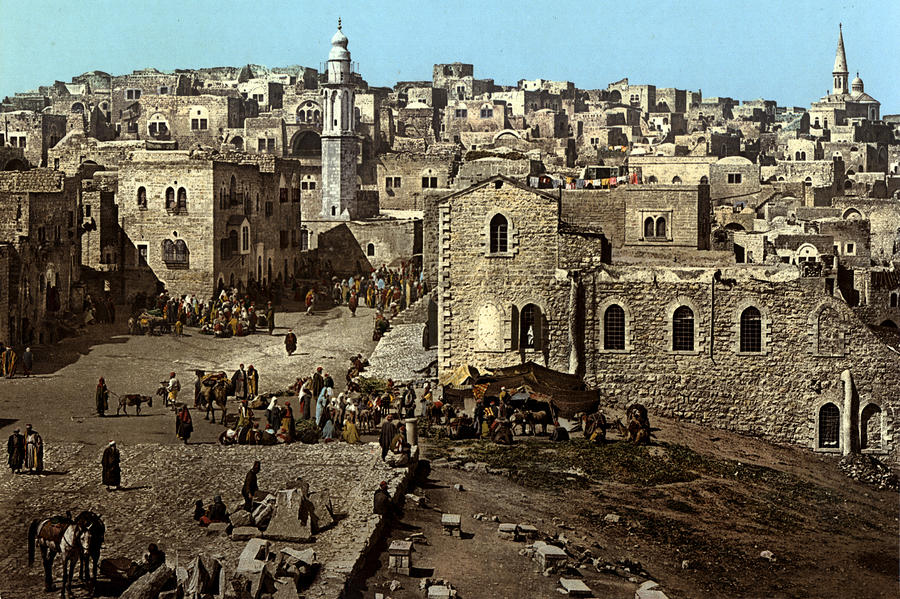
Here on the 4th Sunday of Advent, we are but a day away, practically speaking, from the unfolding of the great mystery of the Word made flesh. It is possible for us to look right past this 4th Sunday of Advent, but we do well to pause and ponder what is taught to us today about the salvation that is to unfold. One significant way we can do this is by pondering the first reading today from the prophet Micah. In four short verses we behold a kind of summary of our salvation, a snapshot of what ails us and how God heals us. Let’s look and see what the Lord, and the Church have to teach us.
I. Our Humility–The text begins: And you, Bethlehem-Ephrathah, too small to be among the clans of Judah, from you shall come forth for me one who is to be ruler in Israel.
Of all the towns and villages in the land of Judah, one of the lowliest was Bethlehem. Though not far from the great city of Jerusalem, a matter of a few miles, the town was little more than a rundown frontier village, with little to recommend itself. It was a place by which one passed quickly, on their way to nearby Jerusalem.
Even today, after all that happened there, Bethlehem remains a troubled, and rundown little city, impoverished and crowded. It’s steep, hilly streets feature little that is pleasant on the eyes. There is a great sorrow that hangs over the city. It is hemmed in by walls, covered with razor wire, and guard towers. These are signs of a great standoff between Israel and the Palestinians. Largely isolated economically, the city shows forth great poverty and unemployment.
The ancient Church of the Nativity at the top of the hill looks every bit of its 1500 years in age. It is dingy covered in smoky soot, and largely in poor repair, due to a standoff among the Orthodox factions which oversee the building in different corners of the church. The tensions are palpable as one enters the church, and nervous tour guides engage in delicate negotiations, to ensure a quick visit to the cave of the Nativity beneath the altar.
Yes, Bethlehem remains lowly, troubled, and very humble. And yet it is here that our Savior chooses to be born, among the humble, among the troubled. He does not choose nearby Jerusalem, or the distant city of Rome, or any great and Imperial city. Not in a palace he is born, but in a cave. And even in this humble and lowly city, one has to get mighty low to find the place where Christ was born. One descends down steep and narrow steps into a cave. And even in this cave, one must stoop lower still, even kneel on the floor, to touch the place where Christ was born.
A lowly place, in a lowly village. Here is where Christ is born. See how the Lord is esteems humility. God hates pride, he just can’t stand it. Pride is our greatest enemy, it is at the root of every sin we commit. And thus it is the Lord teaches us that humility is one of our greatest gifts.
The story also reminds us of something that took place in Bethlehem 1000 years before. The prophet Samuel was sent to anoint a new King to replace Saul. Having been sent to lowly Bethlehem, Samuel surveys the sons of Jesse. Samuel is impressed by the strong young men he sees before him, but none of these seven were the king he was sent to anoint. There was other one son, so young and insignificant, that Jesse had not even thought to include him. It was little David, out in the field tending the sheep. Yes, the lowliest one, he’s the one whom God chose. Humility won the day. (cf 1 Sam 16)
And so it is, that Bethlehem shows forth the humility, the lowliness that alone opens the door to God. Bethlehem, a name which means “house of bread,” not house of caviar, not house a fine wine, rather, the house of ordinary bread. Humility ushers in our God.
II. Our Hardship–The text goes on to speak of our condition, prior to the coming of Jesus: Therefore, the Lord will give them up, until the time when she will is to give birth has borne.
For indeed, our condition without Christ is grave. We are given up, given over to sin and to our own fruitless and self-destructive tendencies. And thus we learn of the gravity of our condition, that we cannot save ourselves. The prophet Isaiah had cried out, Oh, that you would rend the heavens and come down, that the mountains would tremble before you! …All of us have become like one who is unclean, and all our righteous acts are like filthy rags; we all shrivel up like a leaf and like the wind our sins sweep us away. No one calls on your name or strives to lay hold of you; for you have hidden your face from us and made us waste away because of our sins. (Is 64:1,6-7)
Yes, our condition apart from Christ is hard and quite hopeless. In the age of the Law and the prophets, we learned the hard way that, strive though we might, we cannot save ourselves. Our wounds too deep, our pride too tall, our hearts too dull, in our minds too dark. We are lost without God. How often have deluded men sought to create utopia only to discover ruins. We have only to consider the utopian notions of the last bloody century.
Yes, the age of the Law and the Prophets in the Old Testament, shouts to us that we cannot save ourselves. We must rely on God we must turn to him. We don’t just need an Angel, we need a savior. And until she who was to give birth has borne the son, the only way to describe the human family is just the way this text form Micah does, we had been given up, that is, given over to our own sins so as to discover humility and our need for a Savior.
Isaiah wrote, All we like sheep have gone astray, every one to his own way (Is 53:6) St. Paul would later write of the time before Christ, we were dead in our sins (Eph 2:1), given over to our transgressions and iniquity.
So here is our hardship, wandering, lost and in need of a Savior.
III. Our Head – the text goes on to speak of our Savior, our shepherd, our ruler and head. Speaking of him: Whose origin is from of old, from ancient times. He shall stand firm and shepherd his flock by the strength of the Lord, in the majestic name of the Lord, his God.
And thus we see that our Savior will be both God and man. He is God, for his origin is from of old, from ancient times (cf also Hebrews 7:3). He also saves us by the strength of the Lord. And yet, he is also one of us, for the text speaks of him as acting in the name of the Lord, his God.
He must be God, to have the power to save us, and yet he must also be one of us, in order to speak and act on our behalf. As God, he cannot obey God, for there is only one divine will. But as man, having a human will, he is able to obey the Father. Thus it makes sense that our Savior must be God, and man.
It is said that he will shepherd his flock. Shepherds feed, lead and protect their flocks. And all this, the Lord does for us. It is a trait of sheep to be wayward animals, sheep tend to stray. They need the watchful care of a shepherd. And thus, even after saving us from our sins, the Lord must continue to feed us, lead us, and protect us. Lest having been snatched from the wolf, we run into a bear, or having been saved from the edge of a cliff, we wander into a thicket.
Thus, Christ our shepherd and head must go before us, showing us and opening the way. He must walk behind us, to guard us and observe our every action. And he was walk beside us to keep our paths straight. We need a Savior, not just on Good Friday, we need him every hour, every day.
IV. Our Healing – The text goes on to say and the rest of his kindred shall return to the children of Israel and they shall remain, for now his greatness shall reach to the ends of the earth; he shall be peace.
And thus we see that the essential task of Jesus in healing us, is not simply a personal healing for me alone, or you alone. But it is also healing that removes the division’s within and among us. One of the chief sources of our suffering in this world are our divisions. Nation is divided against nation, races and ethnic groups in competition, conflict and crushing hatred.
At the time of Jesus, Jews and Gentiles, (largely Romans and Greeks) were in major conflict. The Jews of Jesus time were taught to love their neighbor and fellow Jews, but hate their enemy. Jesus taught that we must love and forgive our enemies, and he began the process of establishing a universal, a Catholic Church. He gave the apostles standing orders to preach the gospel to every nation, and to unite everyone under the common title of disciple, of Christian. The dignity of baptism and of being a child of God was to be offered to all and, as this text of Micah prophesies, the Lord’s salvation and greatness shall reach to the ends of the earth.
The text goes on to say, He shall be our peace. Not that this shall be a slogan-like peace as in “can we all just get along” but that “He” shall be our peace. That is to say the Lord Jesus Christ, and the truth he proclaims are to be the source of our unity. In sending the apostles forth to proclaim the gospel to every nation Jesus says that they should teach them to observe everything he has commanded, and draw them into the life of the church through baptism (cf Matt 28:19). He is our peace, Jesus and his teachings are what are meant to unite us. Every other form of peace is not a true peace or lasting peace.
Thus Jesus initiated a process that was not meant to politically conquer the world, but rather, he initiated a process whereby his truth and his grace would be proclaimed, and that men and women accepting these gifts, would be able to come to greater and more lasting peace.
This peace must begin in the heart and mind of every individual believer, who by the grace of Jesus Christ, experiences and inner healing of the many conflicts and destructive drives caused by sin. Then, by drawing others to that same healing through evangelization to a life-changing transformative relationship with Jesus Christ, that peace is meant to spread throughout the world, putting an end to divisions, bringing together the children of God, and showing forth God’s greatness and truth, his salvation and peace, to the ends of the earth.
He is our peace, Jesus is our healing.
Here, just prior to the in-breaking of the Christmas reality, we are thus given a summary of iur salvation. It is a summary that extols our need for humility, describes our hardship, announces our Head a Shepherd, and sets for the basis for our healing. In a Word, the Word made flesh: Jesus.
This song says,
We need to hear from you
We need a word from you
If we don’t hear from you
What will we do
Wanting you more each day
Show us your perfect way
There is no other way
That we can live.
Destruction is now is now in view
Seems the world has forgotten all about you
Children are crying and people are dying
They’re lost without you, so lost without you
But you said if we seek
Lord if we seek your face
And turn from our wicked, our wicked ways
You promised to heal our land
Father you can







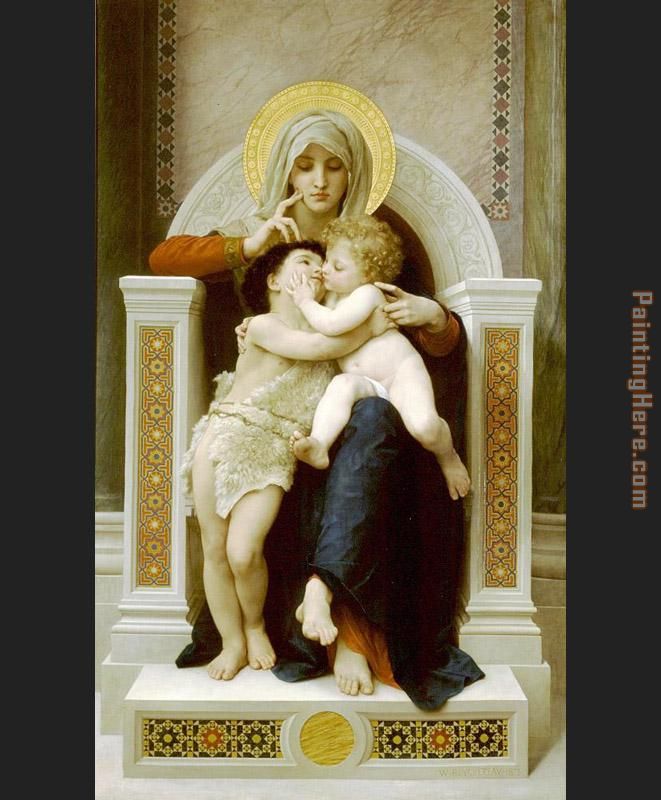
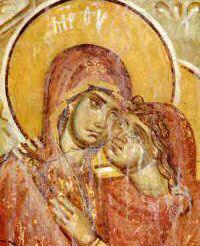
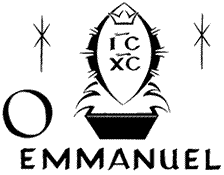 7th O Antiphon:
7th O Antiphon: